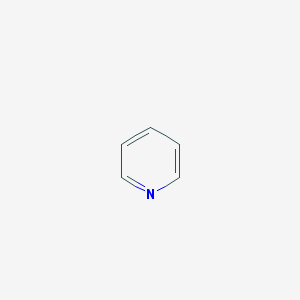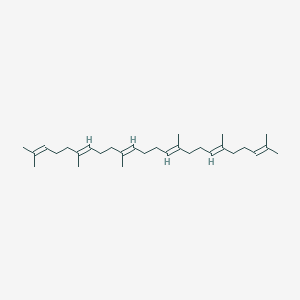-
Categories
-
Pharmaceutical Intermediates
-
Active Pharmaceutical Ingredients
-
Food Additives
- Industrial Coatings
- Agrochemicals
- Dyes and Pigments
- Surfactant
- Flavors and Fragrances
- Chemical Reagents
- Catalyst and Auxiliary
- Natural Products
- Inorganic Chemistry
-
Organic Chemistry
-
Biochemical Engineering
- Analytical Chemistry
- Cosmetic Ingredient
-
Pharmaceutical Intermediates
Promotion
ECHEMI Mall
Wholesale
Weekly Price
Exhibition
News
-
Trade Service
The concept of phage therapy is to use viruses (called bacteriophages) to kill bacteria instead of antibiotics
Bacteriophage (abbreviated as phage) is a virus that kills bacteria
However, despite some significant case studies where phage therapy works in individuals, research still encounters some obstacles
So far, experiments have mainly focused on exposing bacteria to phages in flasks
Now, researchers at the University of Exeter have developed a new method to simulate these microenvironments in which individual bacteria colonize specific areas
Using this method, the research team found that in these microenvironments, Escherichia coli (a type of bacteria that often causes food poisoning) is genetically not resistant to bacteriophages, and most bacterial populations are killed by bacteriophages
Dr.
The research, published in the journal "Public Library of Science Biology", laid the foundation for understanding how the environment affects the interaction between bacteria and phages, which is necessary for the development of successful phage therapies to overcome the current crisis of antimicrobial resistance Vital
The team also discovered that in these microenvironments, some E.
Professor Edze Westra co-author of the University of Exeter, said: "A key aspect of whether bacteriophages can kill the bacteria that have a number of bacteria phage receptor,
The research was carried out in collaboration with the Defense Science and Technology Laboratory (Dstl), which is the science department of the British Defense and Security Department
Journal Reference :
Erin L.







